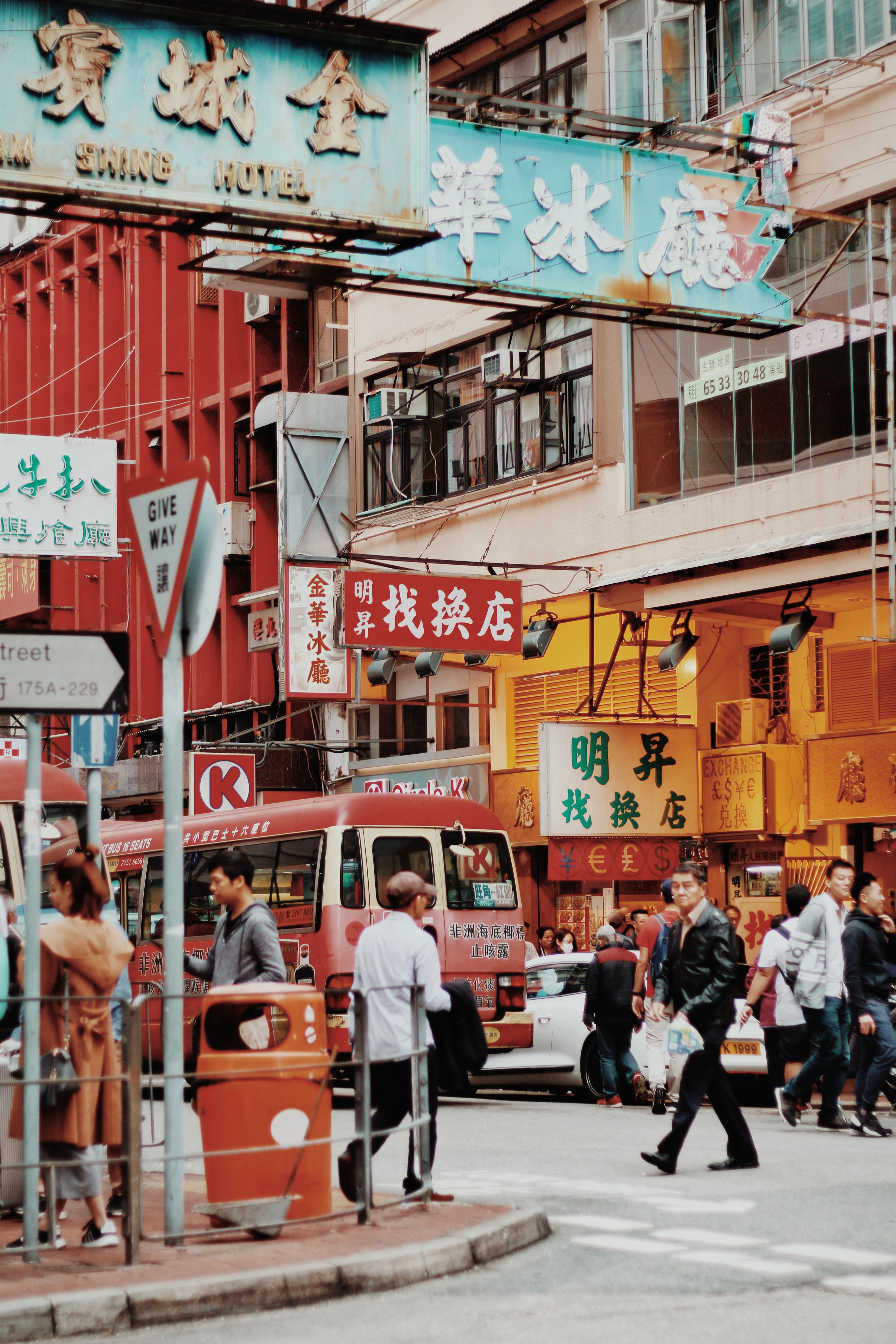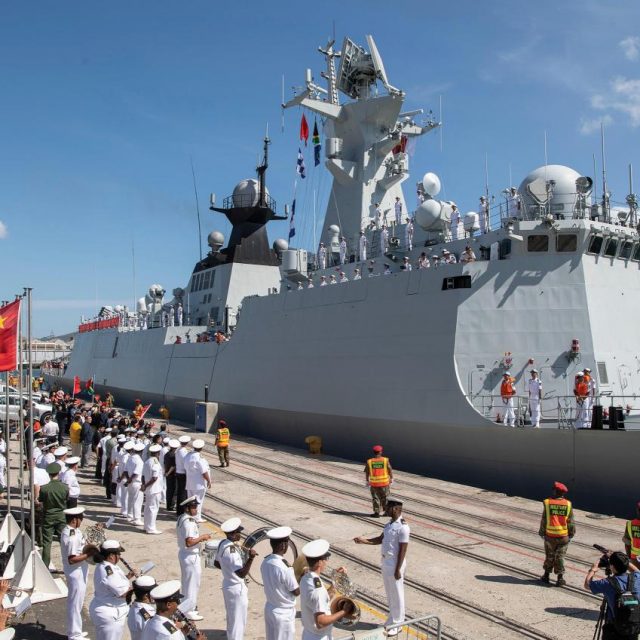Photo by sarah richer on Unsplash
The European Commission and the High Representative have adopted their latest annual reports on political and economic developments in Hong Kong and Macao.
The annual report on political and economic developments in the Hong Kong Special Administrative Region illustrates what the EC calls “the continued erosion of Hong Kong’s high degree of autonomy, democratic principles, and fundamental freedoms that were supposed to be protected until at least 2047.”
The EC says these developments “cast further doubt” on China’s commitment to the “one country, two systems” principle.
In 2022, the EU was Hong Kong’s third-largest trading partner in goods.
The annual report on political and economic developments in the Macao Special Administrative Region, meanwhile, shows a growing focus on national security that “bears the risk of undermining fundamental freedoms” in Macao and eroding the “one country, two systems” principle and Macao’s high degree of autonomy.
In the first 11 months of 2022, the EU overtook mainland China to become Macao’s largest trading partner in goods.
The Hong Kong report covers developments in 2022 which marked the 25th anniversary of the handover of Hong Kong to China and the second anniversary of the imposition of the National Security Law (NSL) on Hong Kong.
The annual report on Hong Kong states, “Over the course of the year, law enforcement agencies continued to make arrests on national security grounds. As of 31 December 2022, 236 people had been arrested under the NSL and other security legislation while 145 individuals and 5 companies had been charged. The conviction rate was 100%.
“Many people were awaiting trial, including 47 pro-democracy activists who participated in a primary election, members of the now-disbanded Hong Kong Alliance in Support of Patriotic Democratic Movements of China, and Jimmy Lai. Many of them have been held in custody since January 2021, in some cases in solitary confinement. The colonial-era sedition law was used frequently in 2022. Around one fifth of the arrests by the national security police are made under this law. On 1 November, one EU national was arrested under the law.”
The EU report goes on to assert that “Freedom of the press declined considerably in 2022. Journalists were arrested and charged, and numerous independent media outlets ceased operations. In the 2022 Reporters Without Borders world press freedom index, Hong Kong ranked 148th out of 180 locations, 68 places lower than the previous year.”
“Following the 2021 electoral overhaul, aimed to ensure that ‘patriots administer Hong Kong’, the first election of the Chief Executive took place on 8 May. Former police officer and Chief Secretary for Administration John Lee was the only candidate in the race. He received 99.2% of the valid votes and was sworn in on 1 July.”
The annual report also highlights the substantial commercial links between the European Union and Hong Kong. With 1,600 companies, the EU remained the largest foreign business community. The EU was Hong Kong’s third-largest trading partner in goods. EU bilateral trade in services with Hong Kong grew by 25.1%. Two-way investment also remained significant.
Hong Kong’s economy fell back into recession in 2022, even though travel and health restrictions were gradually relaxed in the second part of the year. Hong Kong remained the world’s third-largest investment destination and was the world’s fifth-largest trading economy.”
Meanwhile, on Macao EC says, “On 15 December, the Legislative Assembly passed a bill to amend the 2009 national security law. The expressed aim of the bill is to enable the law to safeguard national security to the same extent as the laws of mainland China and of Hong Kong. The amended law expands the scope of the existing offences to include non-violent actions under subversion, and further widens the definition of sedition.”
“The scope of the charge of collusion has been broadened to include any organisation, association, and individual outside of Macao. The amended law ultimately became effective on 30 May 2023.”
“The year was marked by stringent COVID‑19 related social and travel restrictions. It implemented mainland China’s ‘dynamic zero-COVID strategy’. The related travel restrictions, including a two-week hotel quarantine, continued as in 2021 to prevent officials from the EU Office from visiting Macao or holding events there for much of the year. This hindered the Office’s work and limited contacts with SAR government officials.”
“In the first 11 months of 2022, the EU overtook mainland China to become Macao’s largest trading partner in goods, accounting for 30% of the SAR’s total trade in that period. The EU remained Macao’s fourth-largest source of foreign investment in 2021 (excluding offshore centres), after Hong Kong, mainland China and the US. According to Macao’s official statistics, the EU accounted for 5.8% of the total foreign direct investment stock in 2021,” the EC report concludes.




